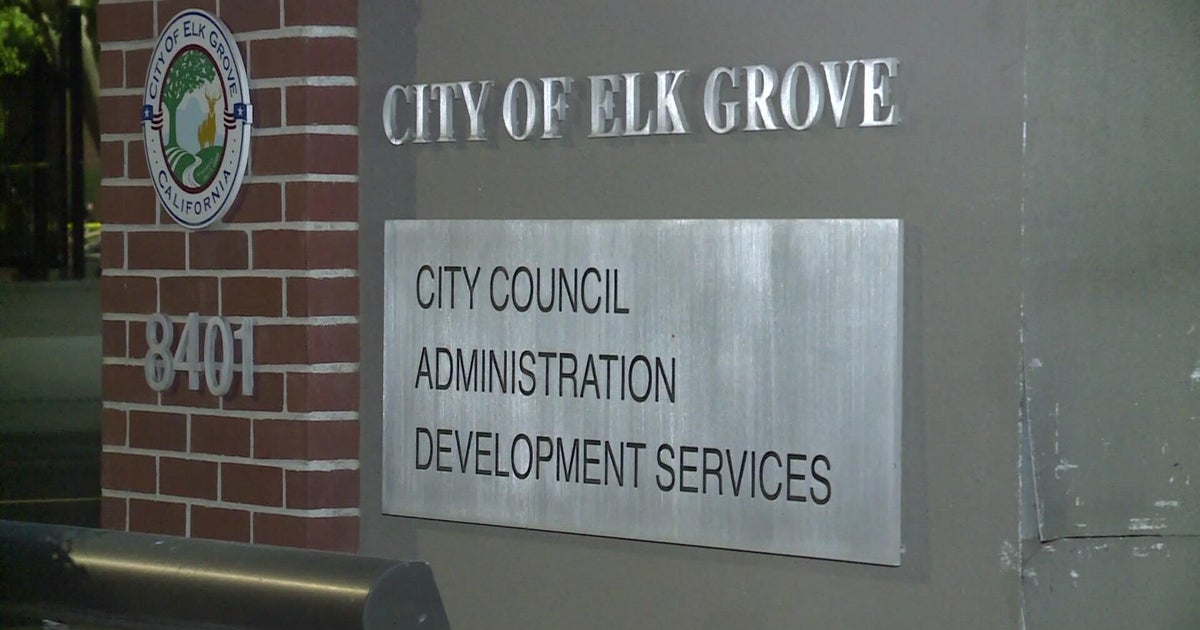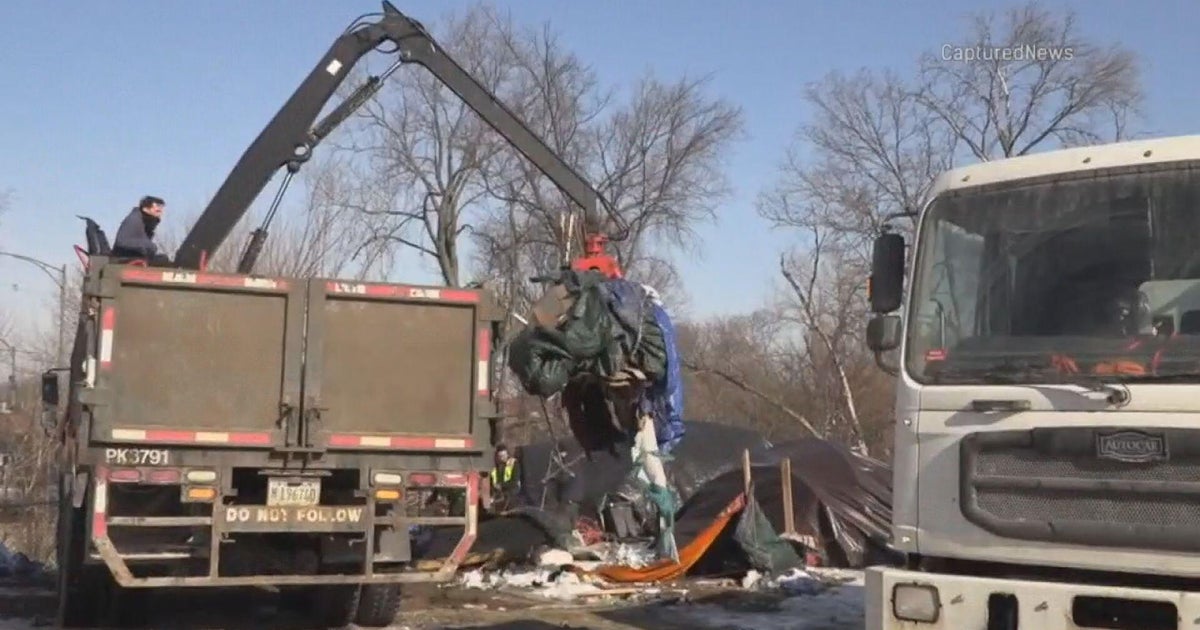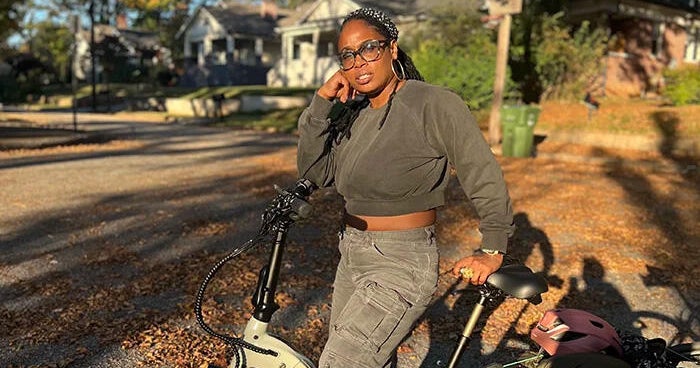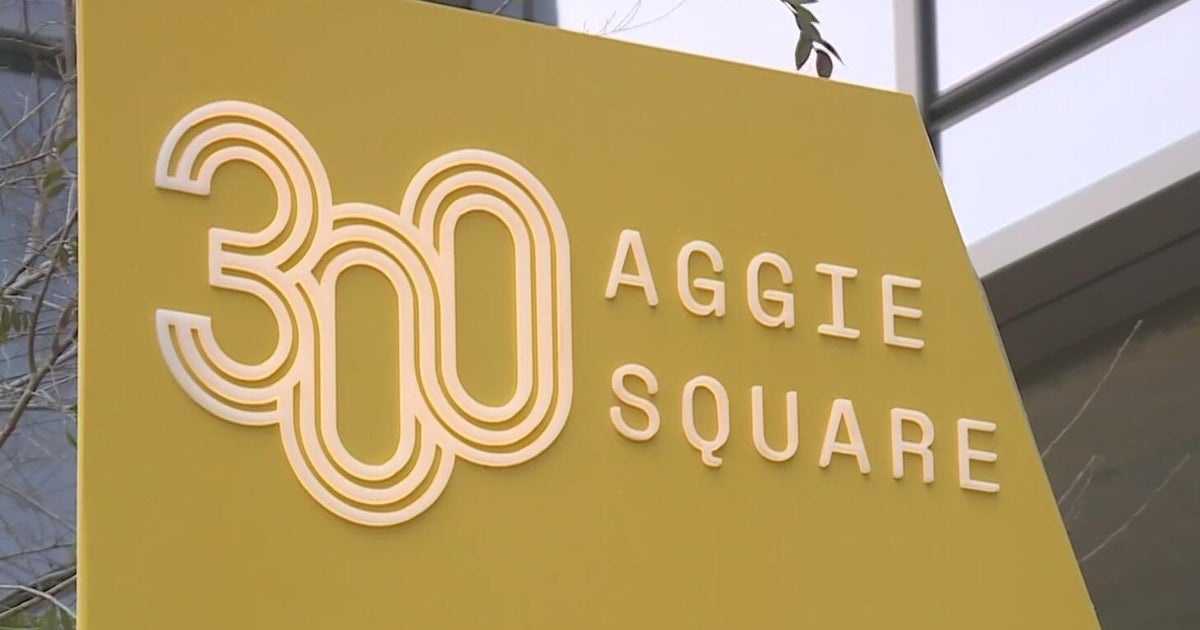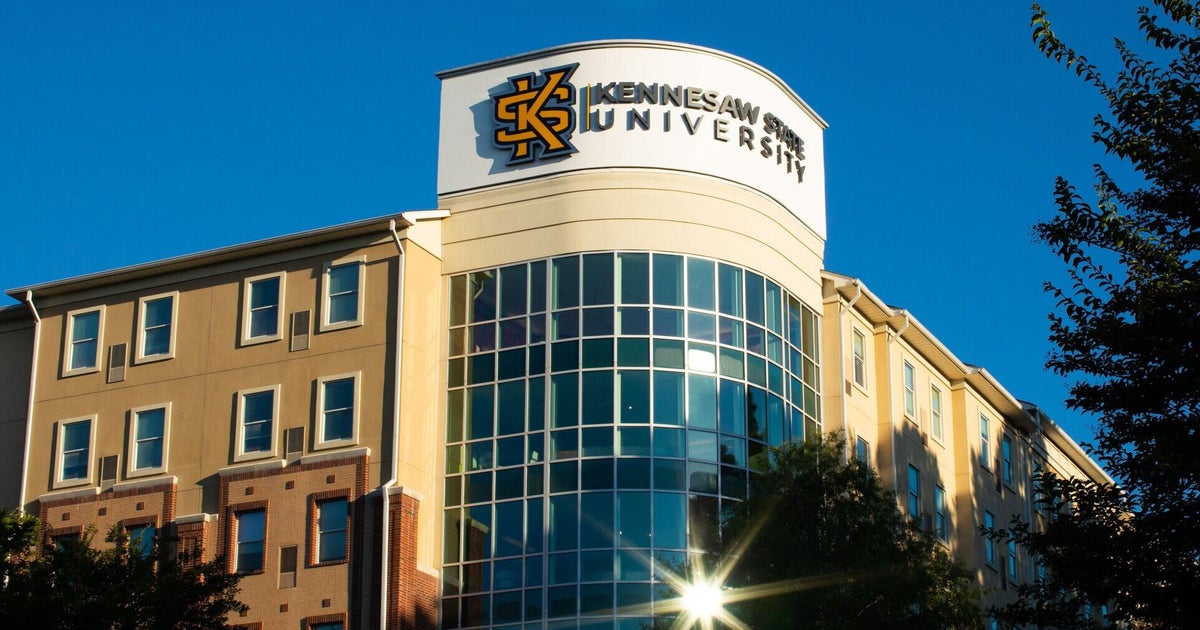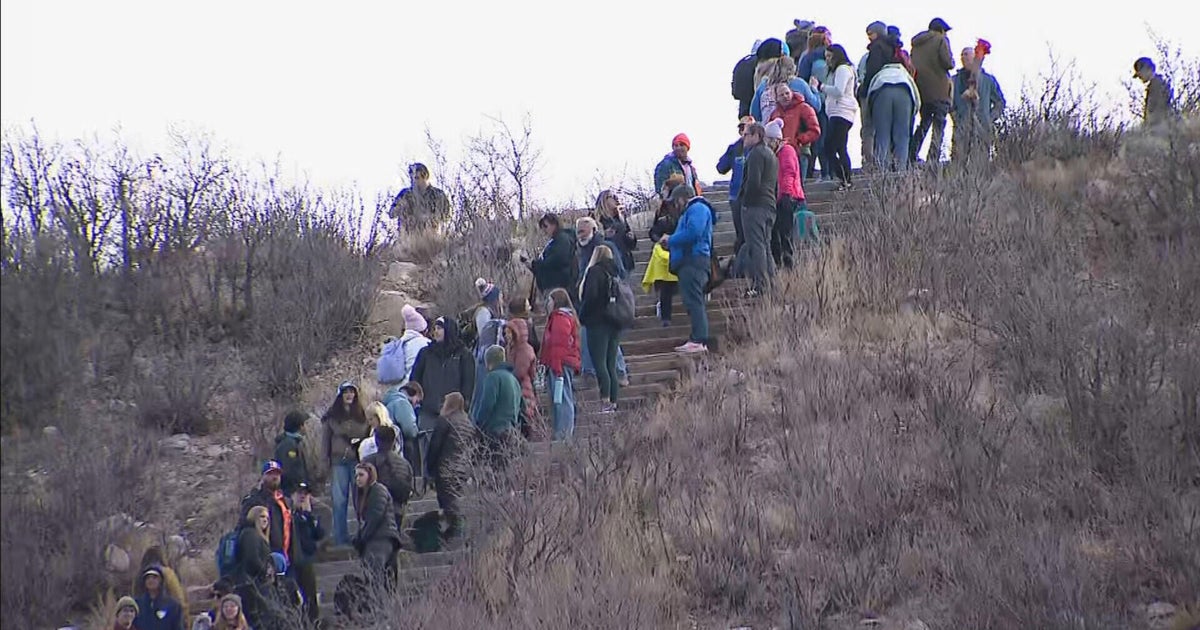Newark is expanding its successful homelessness program. Here's how N.J.'s largest city got a handle on the problem.
NEWARK, N.J. -- Newark Mayor Ras Baraka said Wednesday a program that has cut homelessness by half will be expanded.
It's part of an effort that started with new housing and is now trying to solve the root of the problem.
Baraka said Newark is opening a new homelessness center, and offering a slew of other programs for those unhoused.
"The reality is that in one of the richest nations in the world we should be figuring out how people aren't sleeping on the street," Baraka said.
Newark homelessness way down, Baraka says
Baraka said homelessness was reduced by a staggering 57% in Newark a couple of years after a soft launch. Now, mobile trucks with clinical staff will canvas the city and provide help to the vulnerable.
"It's very important. There are a lot people out there. Substance use is one of the major problems," nurse practitioner Lavanya Kamineni said.
"Everything we do is based on the relationship we build with the person," said Pamela Baker, of Collaborative Support Programs of New Jersey.
City officials say it's all made possible through partnerships with Rutgers Health, Beth Israel, RWJ Barnabas, and others.
"We built a culture in Newark that this is expected, that if you're in this city doing business in this city you need to contribute to the city," said Evan Weiss, CEO of Newark Alliance.
Officials say they'll take money from any organization that wants to see homelessness eliminated.
"I have a new purpose"
Lasheema Sanders-Edwards, regional coordinator of wellness and recovery for CSPNJ, said a lot has changed for her personally over the last eight years.
"Today, I am no longer homeless. I am substance free. I have a new purpose," Sanders-Edwards said.
She bravely described how she ended up on the streets of Newark in 2016 after an undiagnosed mental health condition.
"It was very cold. Some nights I didn't sleep. I walked the streets for days and hours," she said.
The 35-year-old, who has master's in psychology, is part of the effort to fight homelessness in Newark.
"You're not alone and at the end of the day there is chance for change no matter where you are. I get to meet people where they are and also have I've been there, too," Sanders-Evans said.
She says it was a city outreach worker that turned her life around.
"Having someone that I could talk to. As I said, an outreach person was a major part of my journey," Sanders-Edwards said.

